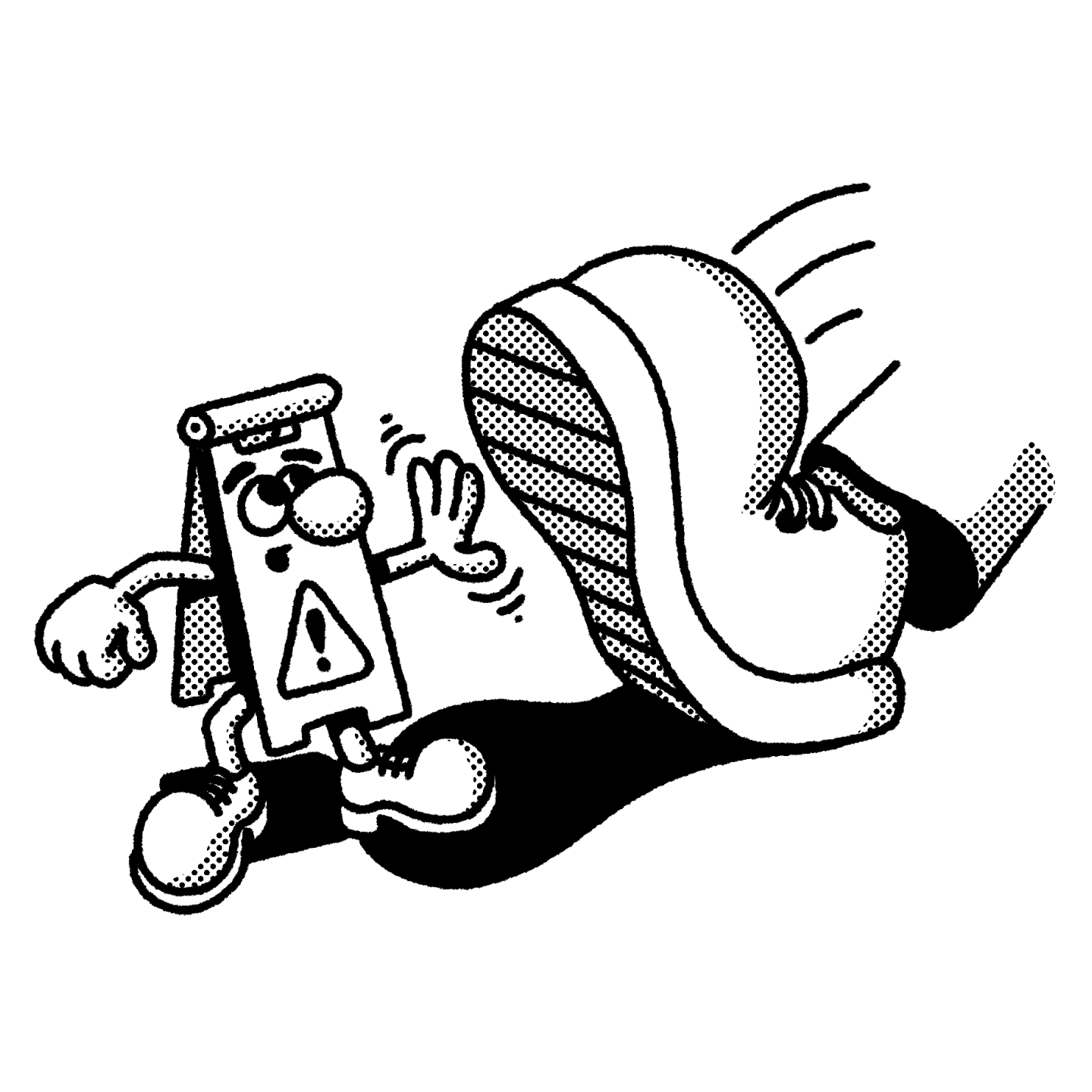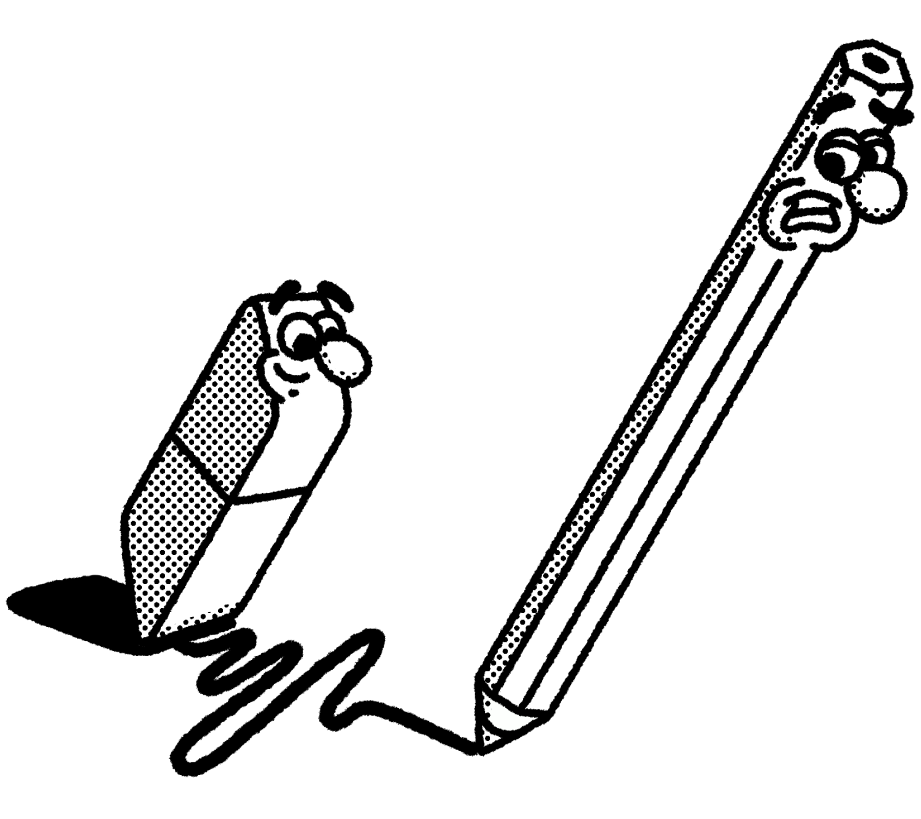What can be covered by Utah Workers’ Compensation insurance?
Medical expenses
Lost wages
Retraining
Permanent injury
Is Utah Workers’ Compensation insurance required?
The Utah Labor Commission mandates by state law that with few exceptions, every Utah employer is required to provide workers’ compensation coverage for all its employees. Workers’ compensation insurance helps protect business owners from the costs of potential accidents and injuries.
Utah imposes penalties on companies that don’t comply with workers’ compensation regulations or that let their coverage lapse. Employers suspected to be non-compliant will be investigated. If an employer fails to maintain workers comp coverage, the consequences could include penalties of at least $1,000 and an injunction to stop your business from operating.
Employers also open themselves up to the possibility of being sued in court for damages by an injured worker.
It is often much less expensive to obtain workers’ compensation insurance.
How does Workers’ Comp work in Utah?
If you or your employees experience a workplace injury, your Utah workers’ compensation policy can help to cover the costs of:
- Emergency medical treatment
- Bills related to medical coverage
- Ongoing medical expenses
- Lost wages
- Benefits to those who die on the job
Employers must report claims to the insurance carrier within seven days. The insurance carrier then has 14 days to report it to the Utah Industrial Accidents Division.
Approved claims get processed and the injured employee will receive benefits from the insurance company.
Workers’ compensation insurance also helps protect business owners with liability insurance against lawsuits brought on by employees injured on the job.
Workers’ Comp death benefits in Utah
Utah state law mandates that when a death of an employee is the result of a work-related injury or illness, death benefits like weekly dependent compensation are paid by the self-insured employer or insurance carrier to a surviving spouse and/or dependents.
If an employee dies from a work injury or illness, workers’ compensation can also contribute toward funeral and burial expenses.
Learn more about workers’ compensation coverage.
How much is Workers’ Comp in Utah?
Workers’ compensation costs vary across industries. Factors that influence price include:
- The number of employees and the type of work they do.
- Your total payroll.
- Your insurance claims history.
- The locations where you do business.
Get a free instant quote in about 10 minutes from NEXT to see your workers’ comp insurance costs.
Who is exempt from Utah Workers’ Compensation insurance?
In Utah, a small subset of employees can apply for a Workers’ Compensation Coverage Waiver (WCCW) exemption including:
- Sole proprietors with no employee other than the owner.
- Partnerships and LLCs with no employees other than the partners.
- No more than five directors and/or officers of a corporation that do not contract their work and have no employees except directors and/or officers.
- Independent contractors who fall into any of the above categories, with no employees.
Even if you’re not required to carry workers’ compensation, it can still be a good idea to help defray the losses of paying for lost wages and medical expenses associated with illness or injury on the job.
How NEXT helps Utah small business owners
NEXT offers an easy way to get a free workers’ compensation insurance quote, purchase coverage and instantly share a certificate of insurance in about 10 minutes.
NEXT strives to resolve every claim quickly. Learn more about our claims process and how our claims advocates will work with you after an employee injury.
Other important small business insurance policies in Utah

General liability insurance protects your business from common mistakes or accidents, such as customer injury or damages to someone’s property.

If you or your employees drive vehicles for work, you probably need commercial auto insurance. This provides coverage for accident-related expenses in a business-owned vehicle or a personal vehicle being used for work purposes.

Commercial property insurance can provide financial help if your business structures, goods, gear or inventory are damaged or destroyed by a covered event.

Professional liability insurance, also called errors & omissions insurance, provides financial protection against claims of professional mistakes and negligence.
More resources for small business owners
- What to do when an employee is injured at work
- Does a sole proprietor need Workers’ Compensation insurance?
- How to file a Workers’ Comp claim
- What is a Workers’ Compensation audit?
- How Does a Workers’ Comp Claim Affect the Employer?
- What is a monopolistic state for Workers’ Comp?
- What is a Workers’ Comp exemption?
Get customized insurance in Utah

NEXT Insurance reviews
Satisfied Customer
Best business insurance with the easiest process!
Stephen H.
Small business insurance
I thought next was easy to use, great rates and outstanding follow-up.
Taylor M.
Small start up
Thanks for helping a small startup. Was able to get the insurance I need for a cost I could afford.
Deborah H.
Easy to use
Great! Set everything up and got the insurance needed for my business without hassle and it was very easy and quick to navigate.
Myles C.
Great!
Hassle free and great to work with. Affordable.
Anthony G.
Peace of mind
easy to apply and and customer service is very responsive
Darrell W.
Easy & affordable
This company makes the process very easy & affordable. Thank you for this service!!
Ronald M.
Easy to sign up and has what I need.
Only took about 10 minutes to have all my questions answered and get the plan I need for my business. Great price and easy to understand plan.
Annick L.
The best service.
Thanks for your help with my needs, I'm very grateful for your assistance and help. I will recommend your company to others
JOEL C.
Blown away
Truly a great team of people that worked really hard to get everything together for me and went out of there way to make it fast and easy
Raaf C.






